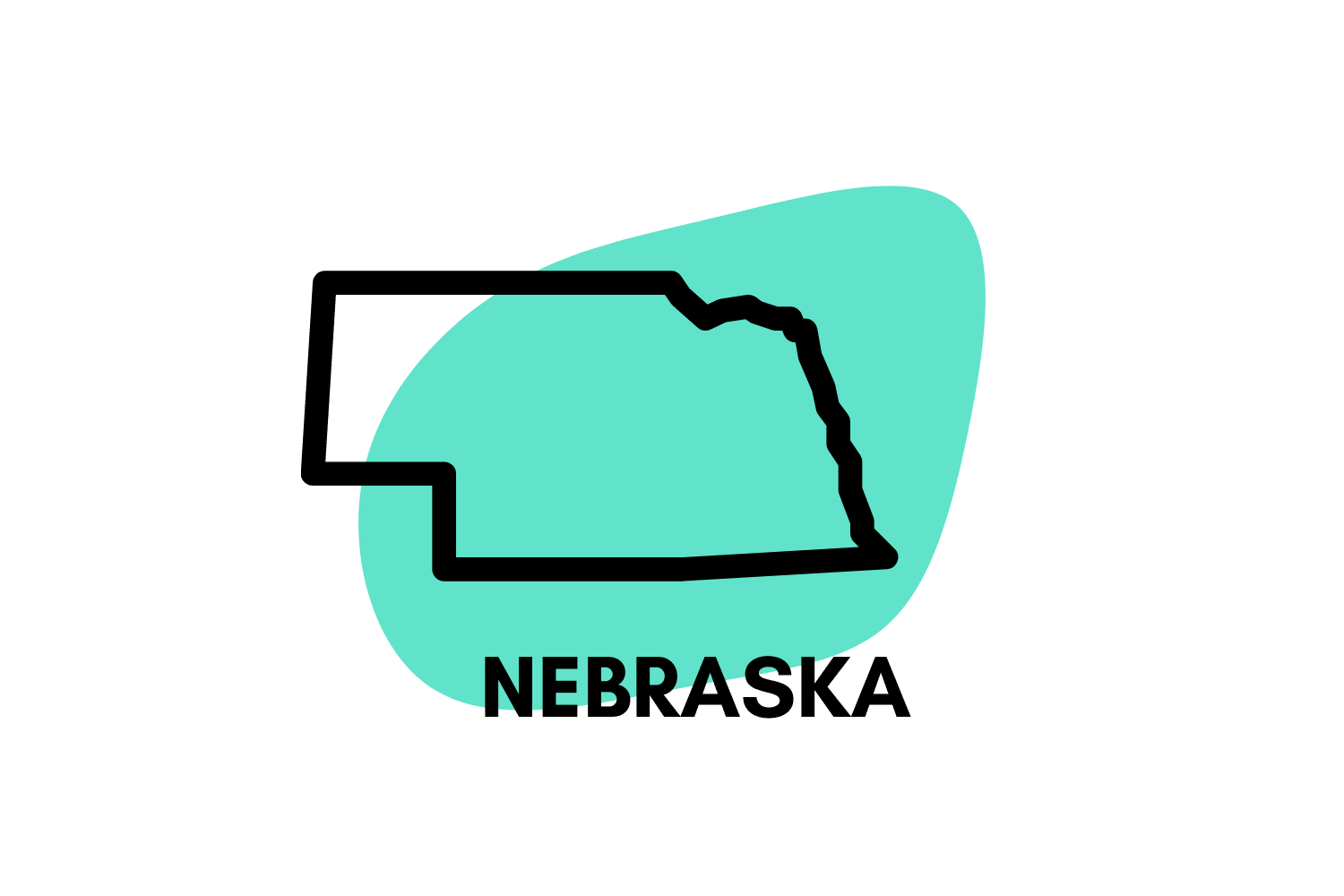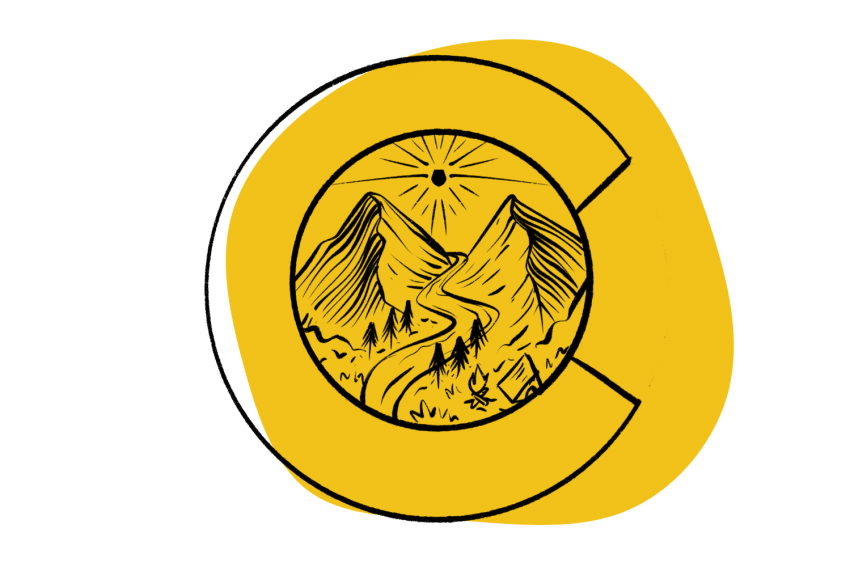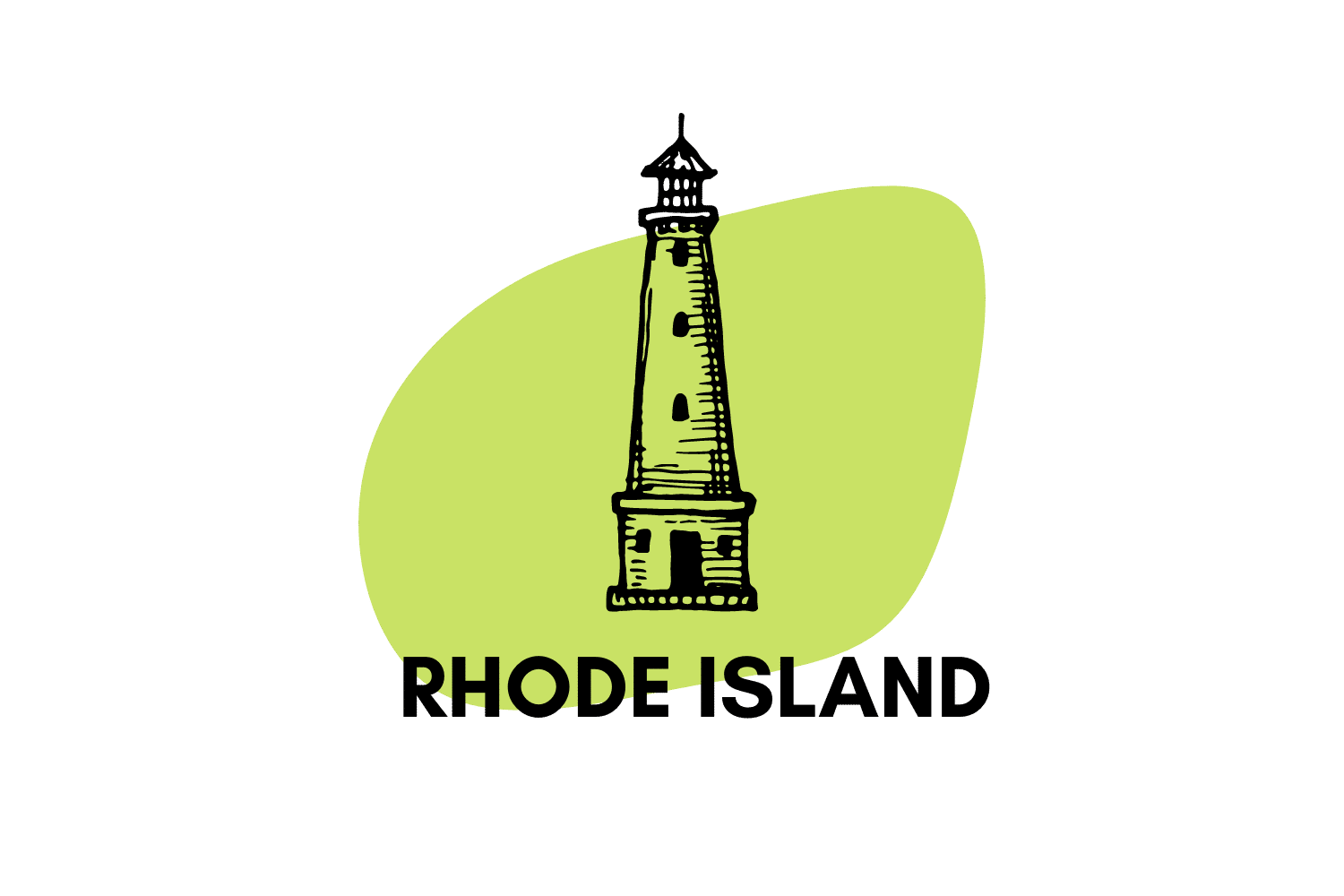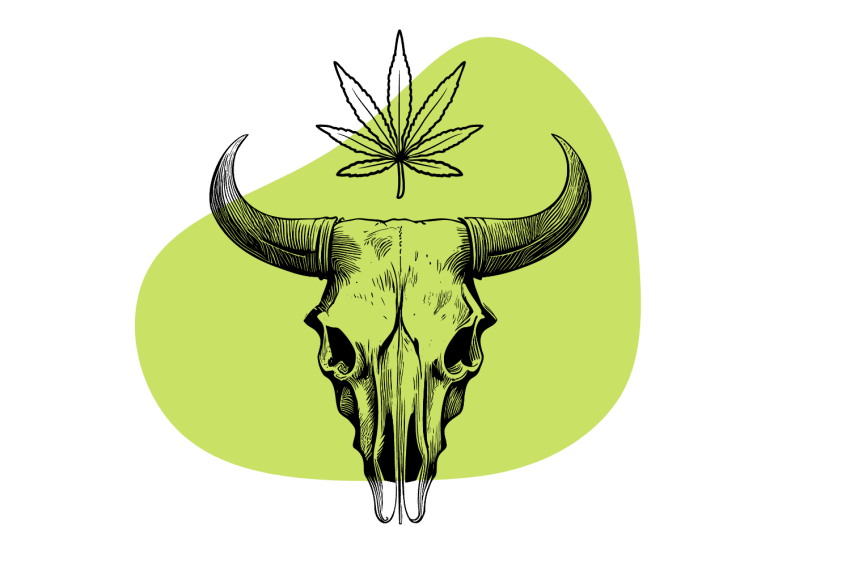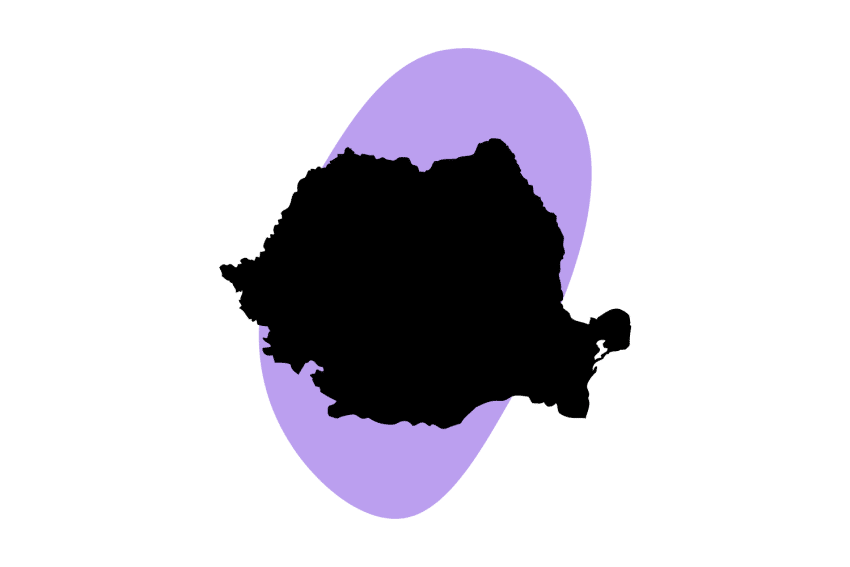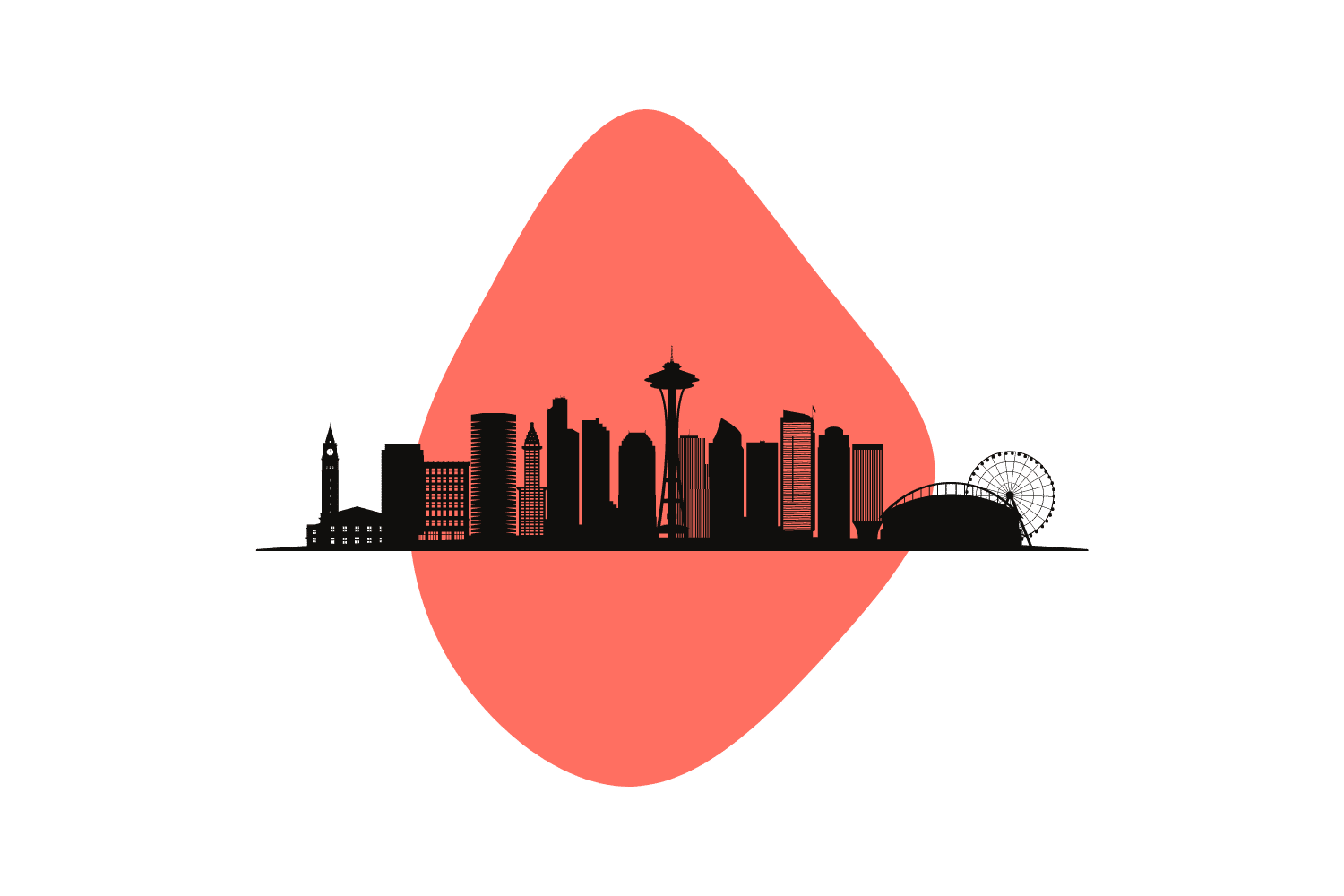Psychedelics in Illinois: What’s Legal & What’s Not?
It took an extra 10 years to legalize weed in Illinois, but psychedelic laws appear to be picking up the pace.
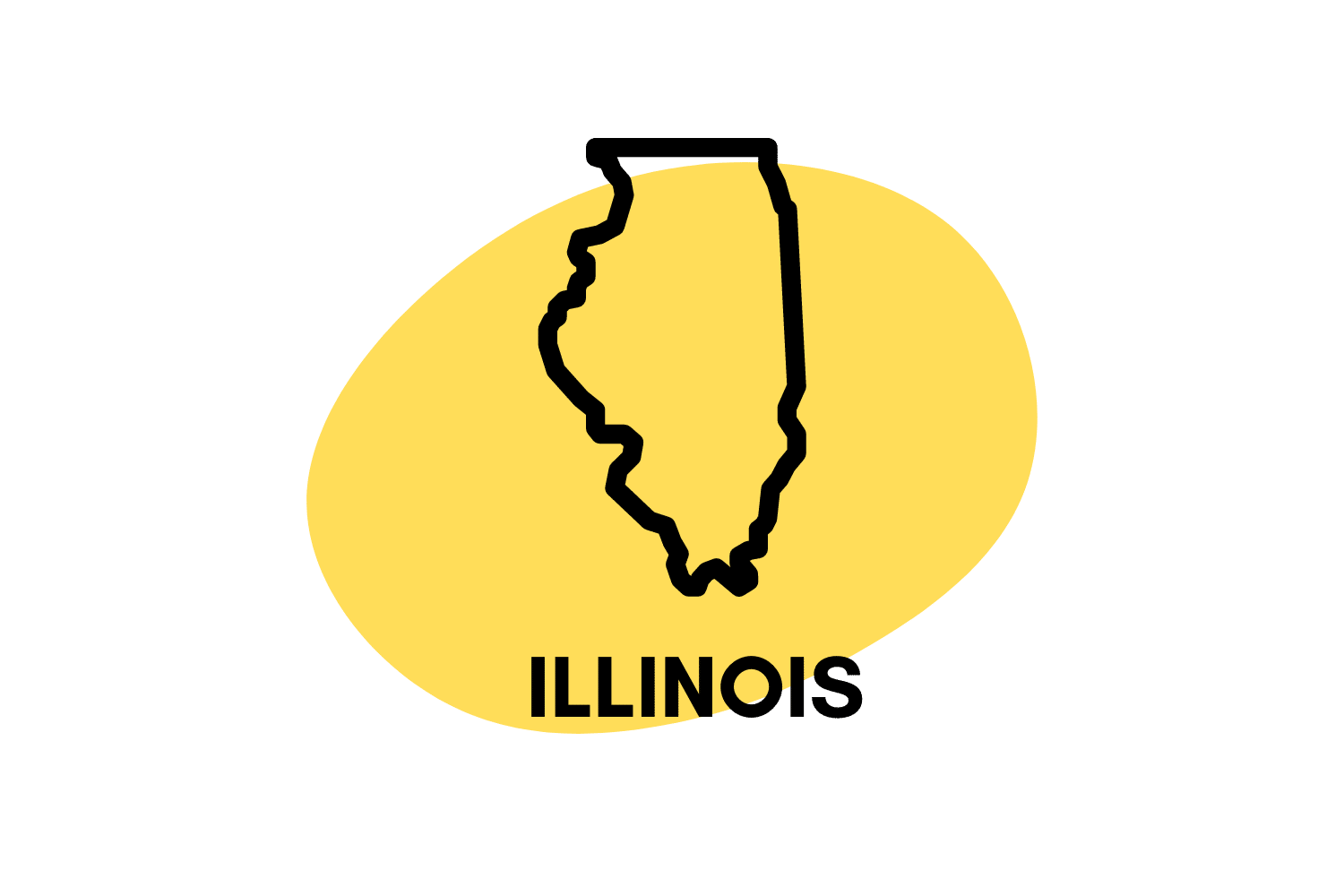
Currently, shrooms are illegal in Illinois — but this could change sooner than you might expect.
Scientific research no longer supports the current Schedule I status given to psychedelics like magic mushrooms, LSD, DMT, and MDMA. Some states have already moved to decriminalize psychedelics already deemed safe.
Will Illinois follow suit? Some advocates are pushing for the Illinois Compassionate Use of Natural Plants and Fungi Act, but passing it into law could take time.
Are Magic Mushrooms Legal in Illinois?
Magic mushrooms are illegal in the state of Illinois.
Statute 720 ILCS 570/402 outlines stiff penalties for those possessing this substance. For example, if authorities catch you with less than 200 grams, it’s considered a Class 4 felony, which means you can be sentenced to 1 to 3 years in prison.
On the other hand, if they catch you with more than 200 grams, it’s a Class 1 felony, meaning you can be sentenced to 4 to 15 years in prison.
Map of Magic Mushroom Laws in the USA
Do Magic Mushrooms Grow Wild in Illinois?
You can find wild species of magic mushrooms throughout the United States — including Illinois.
You’re most likely to find wild mushrooms in temperate forests, near the base of trees, or in cattle fields. Many psilocybin mushrooms like growing out of cow dung and will be most abundant after heavy rain or in the early fall.
Look for darker, more humid places near decaying wood, leaf litter, or manure to find mushrooms. This is their ideal environment to grow and develop.
The most common psychedelic shroom species in Illinois include:
- Panaeolus cinctulus
- Psilocybe cubensis
- Psilocybe cyanescens
- Pluteus americanus
- Gymnopilus brandlei
- Gymnopilus luteus
What Are the Medicinal Uses of Shrooms?
More and more people are benefiting therapeutically from psilocybin. The greatest benefit comes from its ability to occasion mystical states of consciousness and alter our worldview. They’re medicine for the mind and our mindset more than they’re medicine for physical ailments or conditions.
For example, psilocybin has been shown to support conditions such as post-traumatic stress disorder (PTSD), depression, drug addiction, and existential anxiety.
Other studies suggest psilocybin and other tryptamine psychedelics like LSD may help prevent or reduce the severity of cluster headache attacks.
Lastly, psilocybin and other psychedelics have been shown to improve problem-solving skills and creativity
These benefits are most effective when used in combination with other forms of therapy and only when done in a safe and comfortable setting. This is why it’s so important to use psychedelics responsibly in the presence of a psychotherapist trained to work with psychedelics or, at the very least, a trusted and responsible trip sitter.
Is LSD Legal in Illinois?
Like psilocybin, LSD (lysergic acid diethylamide) is illegal throughout the country, including the state of Illinois.
According to Illinois drug law, LSD is a Schedule I controlled substance. Possession is a felony, whether in small or large quantities.
If you possess between 1 to 15 ‘doses’ of the substance, you can be sentenced to 1 to 3 years in prison. On the other hand, if you possess 1,500 ‘doses’ of LSD or more, you can be sentenced to up to 50 years in prison.
There are dozens of other lysergamide psychedelics closely related to LSD as well. None of them are mentioned specifically on the list of banned substances, but they’re considered illegal by proxy through the Federal Analogue Act.
Is MDMA Legal in Illinois?
MDMA (ecstasy) is illegal for any reason in the state of Illinois — but it won’t be like this for much longer.
The FDA is on the brink of legalizing MDMA for use in therapy by approved clinicians. It’s very likely we’ll see MDMA clinics popping up around Illinois in the near future.
However, personal or recreational use of MDMA remains strictly prohibited, and there are no moves to change this anytime soon.
If caught in possession of between 1 to 15 doses of the substance, you can be sentenced to 1 to 3 years in prison.
Is Ketamine Legal in Illinois?
Ketamine is classified as a Schedule III controlled substance. This means that it is considered to be a substance with a low potential for abuse and well-defined medical applications.
If the police catch you with up to 30 grams of ketamine, the consequences can go from 4 to 15 years in prison and include fines of up to $25,000. Possessing less than this is a Class 4 felony punishable by one to three years and a fine of up to $25,000.
What’s the Difference Between Legalization & Decriminalization?
Many people often confuse legalization with decriminalization. However, they are very different concepts.
While decriminalization only significantly reduces the penalties for a specific crime, legalization removes them all at once.
The most likely outcome for psychedelics is decriminalization of natural psychedelics (and potentially LSD) and legalization of MDMA, ketamine, psilocybin, DMT, and others for medical use only (facilitated by professional psychologists).
Key Takeaways: What’s the Future of Psychedelics in Illinois?
Psychedelic laws are harsh in Illinois. Very recently, the state moved to legalize marijuana is for recreational use.
While there’s no push towards legalizing psychedelics in the near future, it’s likely Illinois will see some changes start churning in the state legislature soon. These changes are being developed at breakneck speed in other US states, so it’s just a matter of time before it reaches Illinois lawmakers too.
Most likely, MDMA and psilocybin will become legalized first — but only for medical professionals treating conditions like PTSD, depression, or substance abuse disorders.

